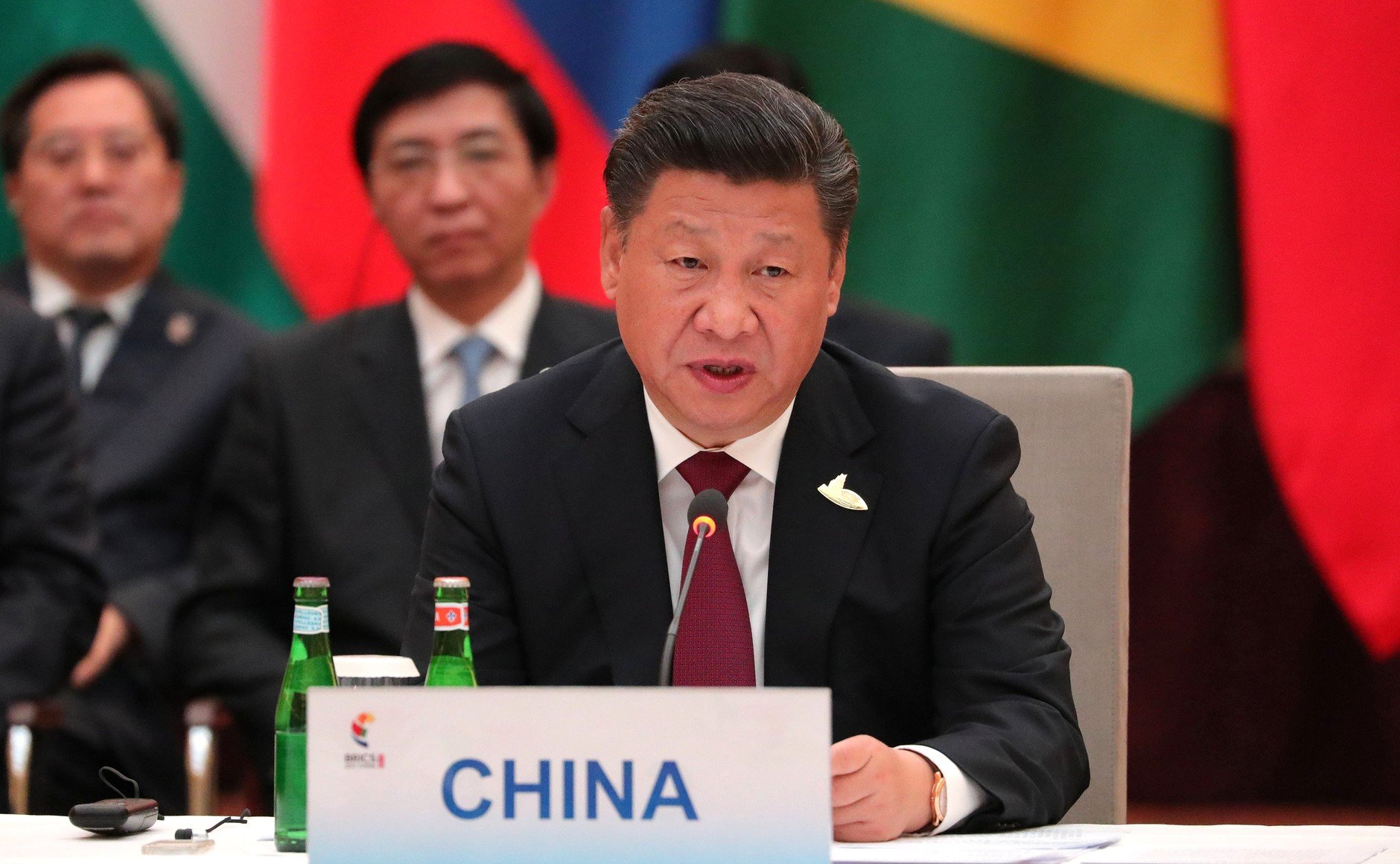LATEST ANALYSIS:

The Ukraine crisis is dividing the Balkans
Helena Ivanov writes for The Post by UnHerd on Serbia’s struggle to maintain a balancing act between East and West and how internal disputes over condemning Russia highlight the difficult position that the Western Balkans is in.

Why is Serbia Europe’s weak link in taking on Putin?
Helena Ivanov explains for CapX why Serbia is not aligned with other EU nations in taking on Putin, and how if the West wants Serbia in its camp, it needs to offer something tangible.

Why Putin Is Playing Poker, Not Chess
Jason Pack writes for New Lines Magazine that Russia and the West are now at war. And the delicate dance leading to conflict between nuclear powers is a form of poker, not chess. Putin is used to bluffing and stealing the pot.

Putin’s Health and State of Mind are very Hard Targets
Kenneth Dekleva writes for The Cipher Brief on how the current horrific invasion of Ukraine has raised questions as to Putin’s state of mind and associated health issues, and why we should be concerned about Putin’s mentality.

Turkey eyes opportunity for geopolitical realignment in Ukraine crisis
Burcu Ozcelik, writing for IISS, explains how Turkey sees an opportunity to claim a role as mediator in the Russia-Ukraine conflict in a wider reckoning over the shape of the post-Cold War global order.

Why Can’t The West Win Its Wars Any More?
After 9/11 the West invaded Afghanistan and Iraq to remake them as friendly, terror-free liberal democracies. But the unintended consequences were historic disaster, countless dead and the humbling of Western power, symbolised by the shameful evacuation of Kabul in 2021. How did we get it so wrong? Arthur Snell discusses for Doomsday Watch.

Is Russia preparing to invade Ukraine?
David Patrikarakos writes for The Spectator that the West needs to act soon if they are to stop Russia from invading Ukraine, freeze Kremlin assets, coordinate and alliance, and step up. But will they?

How ‘Xi Jinping Thought’ Can Shape Diplomacy with the U.S.
Kenneth Dekleva writes for The Cipher Brief on how crafting a national security strategy to adapt to and counter a powerful and aggressive China, a keen and sober understanding of Xi – the most formidable leader in the world today – is more critical than ever.

How can we stop rogue states misusing drones?
The announcement that US officials believe Iran was behind the drone strike on the al-Tanf base did not garner headlines, yet drone technology is altering geopolitics – whether we like it or not. David Patrikarakos writes for The Spectator.

Xi Jinping and the AUKUS Submarine Deal
Kenneth Dekleva writes for The Cipher Brief on the US-UK-Australia nuclear submarine deal, AUKUS that risks disrupting a delicate non-proliferation equilibrium in the Indo-Pacific.

Morocco–Europe relations reach an inflection point
A massive influx of migrants from Morocco into Spanish territory in May fuelled bilateral tensions and exposed divergent views on the Western Sahara issue. Umberto Profazio explains for IISS the complex dynamics that threaten Rabat’s relations with the EU.

Greece and Britain’s long history of fighting autocracy
Featured in The Spectator, David Patrikarakos explores Greece’s long history of fighting autocracy and call for the UK and Greece to rekindle an old alliance and bring down contemporary autocracy together.

Terrorist and Armed Groups in the Fezzan-Sahel Region: Recruitment and Communication Tactics
Stefano Marcuzzi and Jason Pack’s report for the NATO Strategic Communications Centre of Excellence overviews the affiliations of some of the main ethnic groups and tribes in southern Libya and their involvement in terrorism and people-smuggling.

The Beirut tragedy should jolt regional powers into helping Lebanon. It won’t
Arthur Snell explains in The Article that following the explosion in Beiruit outsiders are seeking to control and manipulate Lebanon, and while regional actors should be stepping in, they won’t.

Pompeo and Circumstance: The special relationship endures
Alan Mendoza writes for CityAM and explores the UK-US enduring special relationship in lieu of Pompeo’s recent visit to the UK.

Vladimir Putin has never stopped fighting the Cold War
Alan Mendoza writes for The Telegraph that the latest hacking attacks are part of a long line of Russian aggression emanating from the dictatorial president Vladimir Putin.

The Sultan and the Czar: Erdogan and Putin’s game-changing policies in Libya
Stefano Marcuzzi and Erman Atak’s write for the NATO Defense College Foundation on Libya’s civil conflict and how military escalation was largely the result of the policies of Russian President Putin and Turkish President Erdogan.

Yet more failed diplomacy in Libya?
Renewed clashes in Libya have confirmed the intractable nature of the country’s conflict. Its unpredictability is not only challenging the feeble response of the international community, but also exposing its divisions, argues Umberto Profazio for IISS.

What is Britain’s place in the world?
Arthur Snell writes for The Article that the UK needs to reassess its role in a volatile world where America no longer chooses to lead the western alliance, but is happy to commit acts that put that alliance under strain.

America’s allies despise Trump — and that’s a threat to NATO
Brian Klaas writes for The Washington Post on how Trump’s deepening unpopularity in the other countries of the West is becoming as much of a threat to NATO as to Trump himself.

